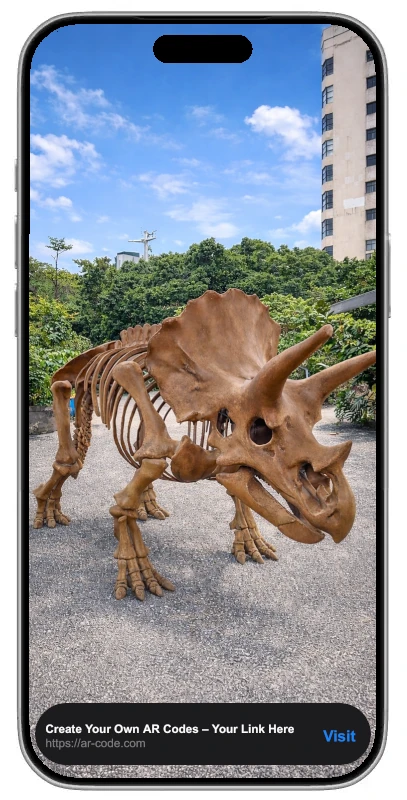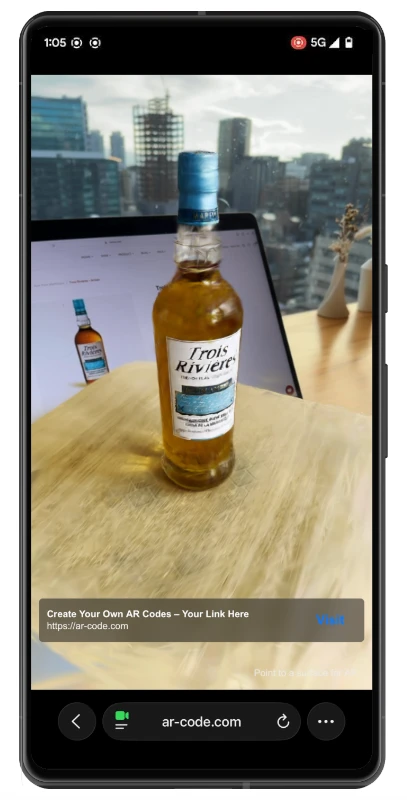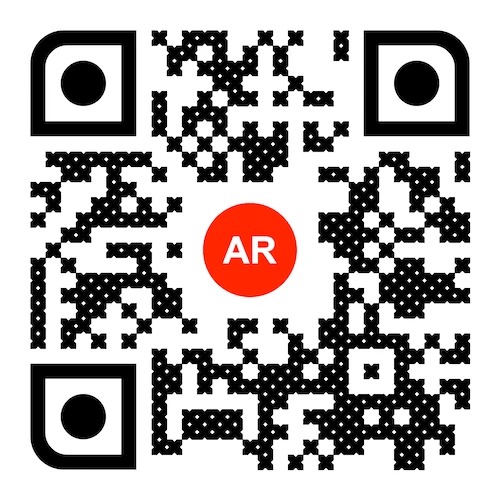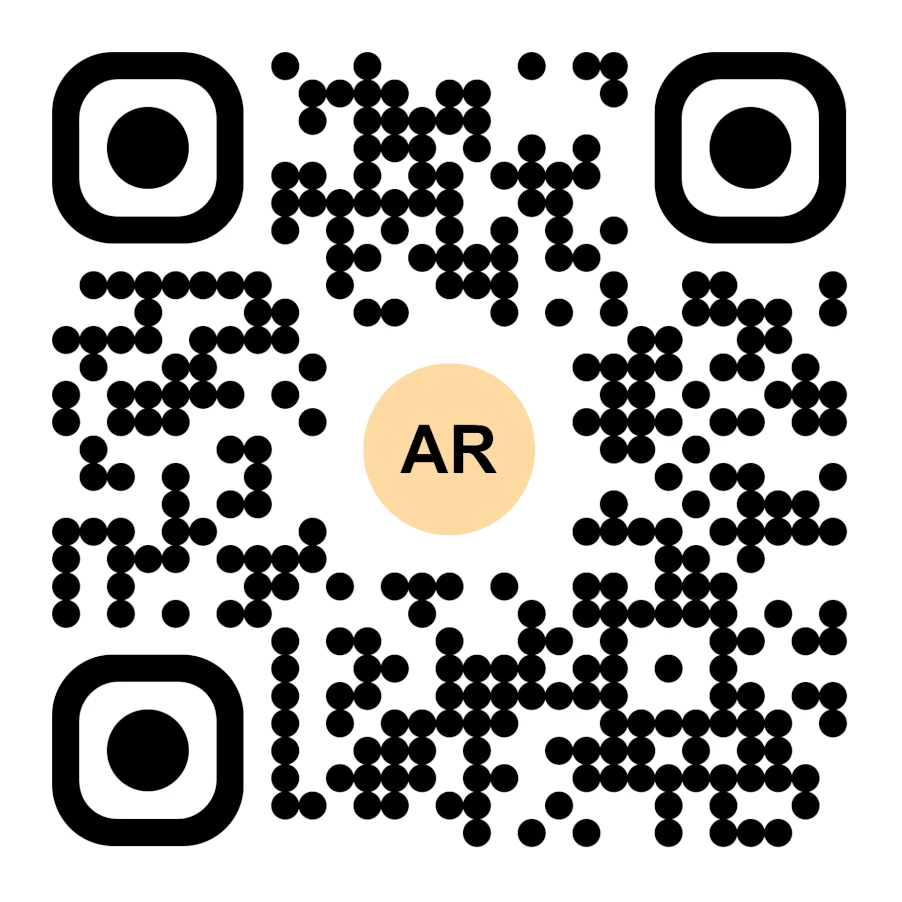Metaverse, Virtual Reality, and Augmented Reality: Apple's and Meta's plans
AR Glasses & Headsets | 02/02/2026 |
Augmented reality (AR) and virtual reality (VR) are transforming business operations and digital marketing. Organizations use AR and VR to create immersive customer experiences, increase conversions, and build brand loyalty. Adopting these technologies drives innovation and sets your business apart in the digital landscape.
This guide highlights the key differences between VR and AR, their roles in the Metaverse, and how AR Code SaaS solutions can elevate your brand using dynamic AR QR Codes. Boost your marketing, increase engagement, and accelerate digital transformation by integrating AR Codes into your strategy. For a detailed overview, visit our AR Code SaaS guide.
The Metaverse Legacy Begins: Second Life
Second Life by Linden Lab, launched in the early 2000s, pioneered virtual business and social interaction. With customizable avatars and immersive environments, Second Life ignited the rise of user-generated content and set the stage for modern Metaverse applications.

Today, AR and VR transform business far beyond Second Life. With AR Code enterprise solutions, your brand can build interactive product visualizations and offer memorable digital experiences. Take the lead in customer engagement with AR Code.
Riding the Metaverse Wave
The Metaverse represents the future of interactive customer experiences, highlighted by the launch of Meta in 2021. Originating from Neal Stephenson’s "Snow Crash," this digital ecosystem powers retail, education, networking, and more. By leveraging AR and VR, businesses build stronger, more engaging connections worldwide.

AR and VR create seamless, interactive experiences both in-store and online. See how AR Codes drive collaborative product design and enable brands to accelerate innovation.
Meta Quest's Immersive Gaming Focus
Meta Quest VR headsets dominate immersive gaming, corporate training, and education. Meta Quest 2 enables realistic demos and effective simulations. Increase audience engagement and maximize campaign performance with Meta Quest AR video advertising, leveraging AR Code for impactful brand experiences.
Unveiling Meta Quest Models
Meta Quest 2, 3, and Pro headsets offer advanced AR capabilities and immersive sensory experiences. Integration with the AR Code platform makes it easy for businesses to transform storytelling, boost training, and enhance marketing. Use AR Codes for hands-on training, dynamic demos, and interactive customer engagement.
Apple Vision Pro: Redefining AR
Apple Vision Pro launches a new standard for AR in business, with top-tier sensors, smooth performance, and vibrant visuals. Host AR product launches, interactive experiences, or campaigns that stand out. Access expert advice in our Apple Vision Pro business guide.
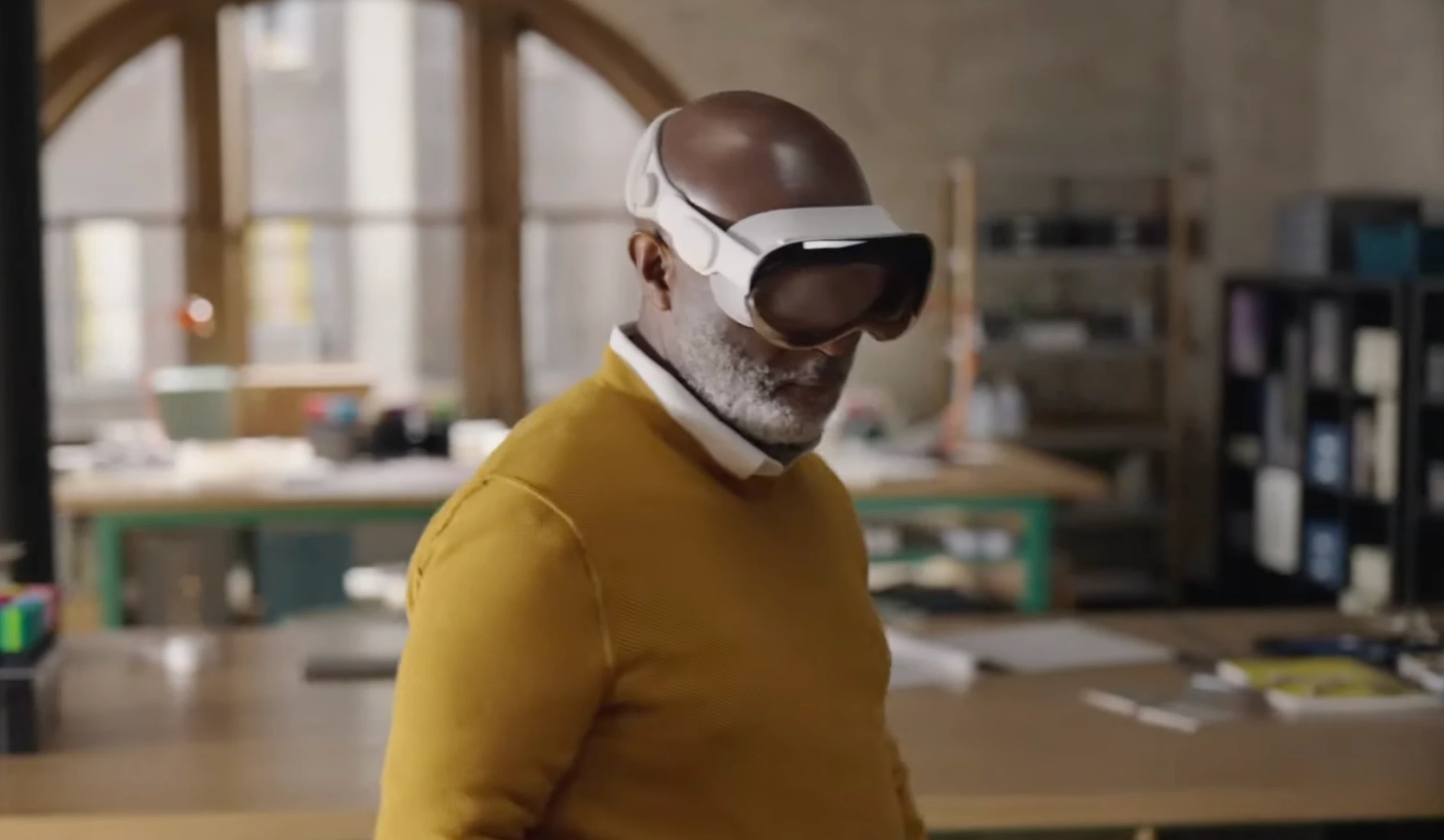
Apple Vision Pro supports AR QR Code integrations for digital product demos, immersive tours, and high-converting campaigns. Combine AR Code SaaS with Apple Vision Pro to increase digital engagement and distinguish your business.
Expand AR access and transform brand storytelling with Apple Vision Pro. Deploy AR Code SaaS to create interactive product displays, speed up decisions, and drive conversions. See how to scan AR Codes for streamlined product experiences and higher customer engagement.
Highlighted Features of the Apple Vision Pro Headset:
- High-resolution displays: 2 * 4K = 8K
- Advanced eye-tracking technology
- Hand gesture recognition and control
- Enhanced haptic feedback
- Spatial audio
- Integration with Apple devices such as iPhones and iPads
- ARKit and RealityKit frameworks for rendering
- 12 pass-through and tracking cameras/Lidar scanners
- Voice control and Siri integration
AR Glasses: The Next Frontier
AR glasses are revolutionizing workplaces and client engagement, presenting digital content, 3D models, and live data directly in the user’s view. Market leaders like Apple and Meta are advancing AR eyewear technology, offering businesses fresh ways to market, engage, and grow with AR Code SaaS solutions. These wearables deliver interactive, mobile experiences that drive engagement across sectors.
Current Major AR / VR / XR Headsets (as of Dec 2025)
- Meta Quest 3 and Meta Quest 3S – Standalone mixed-reality headsets (no PC/console required) running Meta Horizon OS, with Snapdragon XR2 Gen 2, inside-out 6DoF tracking and full-color passthrough. Quest 3S is the more affordable variant sharing the same content ecosystem.
- Sony PlayStation VR2 – Tethered VR headset for PlayStation 5 with 4K HDR OLED panels, eye-tracking, inside-out controller/head tracking and PS VR2 Sense controllers with adaptive triggers and advanced haptics.
- HTC VIVE XR Elite – Hybrid XR headset that can run standalone or as PC VR via VIVE Streaming, featuring inside-out tracking, high-resolution displays and color passthrough for mixed-reality use.
- Pico 4 – All-in-one standalone VR headset with 4K+ Fast-LCD displays, pancake lenses, inside-out 6DoF tracking and a balanced design optimized for longer sessions.
- Apple Vision Pro – Premium standalone “spatial computer” running visionOS with dual micro-OLED displays, advanced eye/hand/voice input and high-quality color passthrough for mixed reality and spatial apps.
- Samsung Galaxy XR – AI-powered XR headset built with Android XR, featuring a 4K micro-OLED display, wide field of view, inside-out tracking and deep integration with Samsung / Google services for productivity and media.
Legacy / Discontinued Headsets from the Original List
- Meta Quest 2 – Mass-market standalone VR headset now discontinued in 2024 but still supported in software for existing users. Superseded in the lineup by Quest 3 and Quest 3S.
- Meta Quest Pro – High-end mixed-reality headset targeted at prosumers and enterprise. Production has ended; Meta positions Quest 3 as the current flagship MR device.
- Microsoft HoloLens 2 – Untethered enterprise mixed-reality headset. Production ended in 2024; Microsoft will continue software and security support for deployed devices until the end of 2027.
- Samsung Gear VR – Phone-based VR shell for select Galaxy smartphones, fully discontinued with Samsung’s XR services and app support retired. Listed here as a legacy, no-longer-sold device.
Combine AR Code-powered solutions with AR glasses for live demos, remote training, and tailored client experiences. Stay ahead of competitors and unlock greater value by creating custom AR Code experiences for your brand.
For businesses interested in 3D scanning and AR, AR Code now offers the AR GenAI solution, enabling you to generate 3D AR experiences directly from a single photo of an object.
Frequently Asked Questions
What are the differences between VR and AR technologies?
VR delivers immersive virtual worlds for entertainment, education, and training. AR overlays digital elements in real environments, creating interactive, context-aware experiences. AR is especially effective for business engagement. For more information, visit the AR Codes vs QR Codes comparison.
What is the Metaverse?
The Metaverse is a virtual space merging AR, VR, and 3D environments for shared interaction and collaboration. Businesses turn to the Metaverse to enhance marketing, training, and customer experiences for deeper digital impact.
What are some popular examples of Metaverse platforms?
Second Life was a pioneer in digital interaction, while Meta Horizon leads today in social VR, collaboration, and gaming experiences. For more insights, read Metaverse, Virtual Reality, and Augmented Reality: Apple's and Meta's Plans.
AR Glasses & Headsets - Latest Blog Posts
AR Code's 3D Modeling Apps for the Apple Vision Pro

Accelerate business innovation and customer engagement with powerful AR Code SaaS augmented reality solutions made for the Apple Vision Pro AR/VR headset and fully supported on iPhone and iPad. The launch of the Apple Vision Pro on February 2, 2024 brings your business next-level mixed reality for better product...
AR Videos on the Meta Quest 3 with AR Code: A New Dimension of Immersive Advertising

Meta Quest 3 transforms the augmented reality space for businesses, enabling immersive AR video campaigns that boost user engagement and drive measurable business results. Companies ready to elevate brand awareness can leverage Meta Quest 3 with the powerful AR Code SaaS platform to deliver interactive, meaningful...
AR Code on the Meta Quest 3: Enhancing Visualization of 3D Models in Augmented Reality
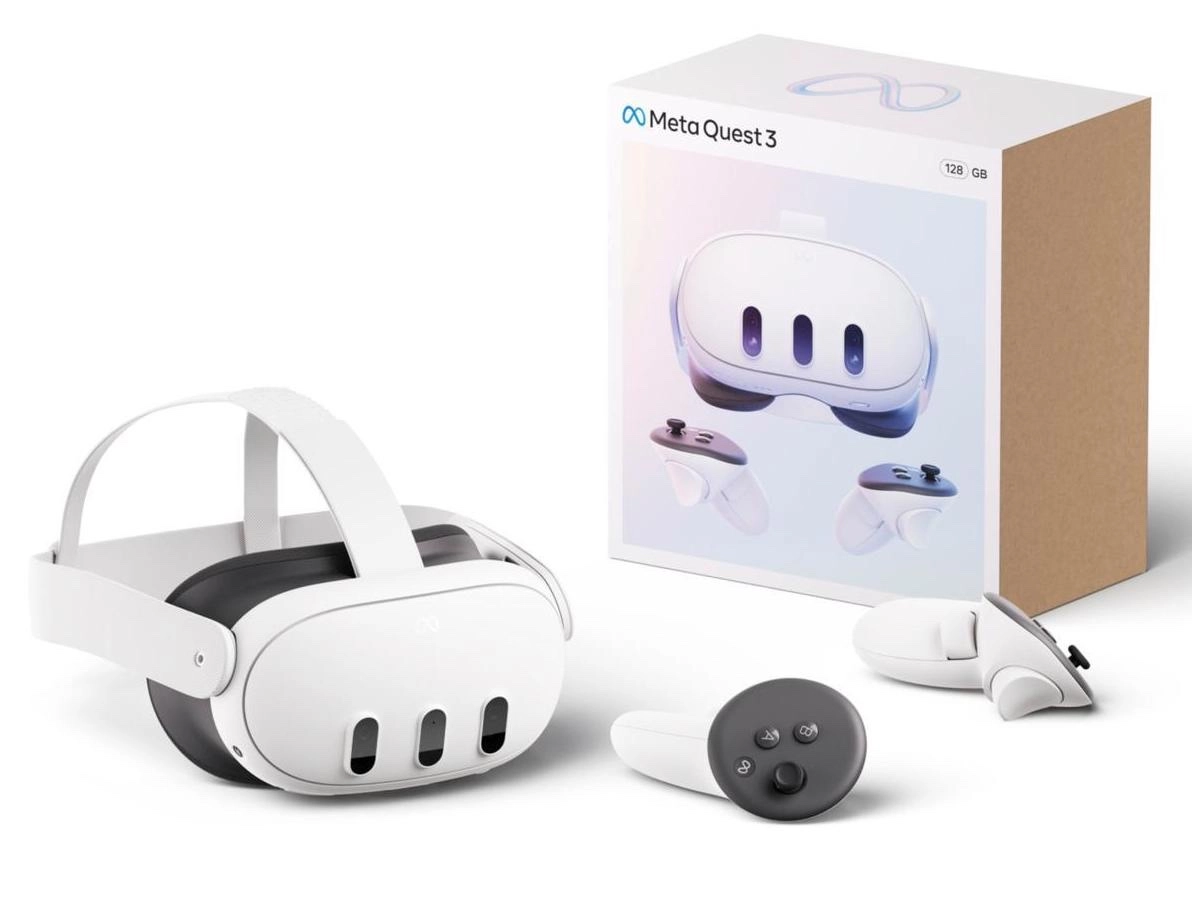
Meta Quest 3 is transforming augmented reality and virtual reality for businesses. Unveiled at Connect 2023, this advanced headset features a slim design, high-performance Snapdragon XR2 Gen 2 processor, and up to 512GB storage. Meta Quest 3 delivers unmatched immersive AR and VR business solutions, making it the...
AR Codes are Automatically Compatible with the Apple Vision Pro and its VisionOS

Enter the world of augmented reality for business with AR Code SaaS solutions, where you connect physical products to immersive digital experiences. Capture new customers and boost brand recognition by leveraging Apple Vision Pro and the AR Code SaaS platform, proven to accelerate ROI and provide a significant edge in...
Apple Vision Pro Headset Details and its 3D Models USDZ & GLB via an AR Code
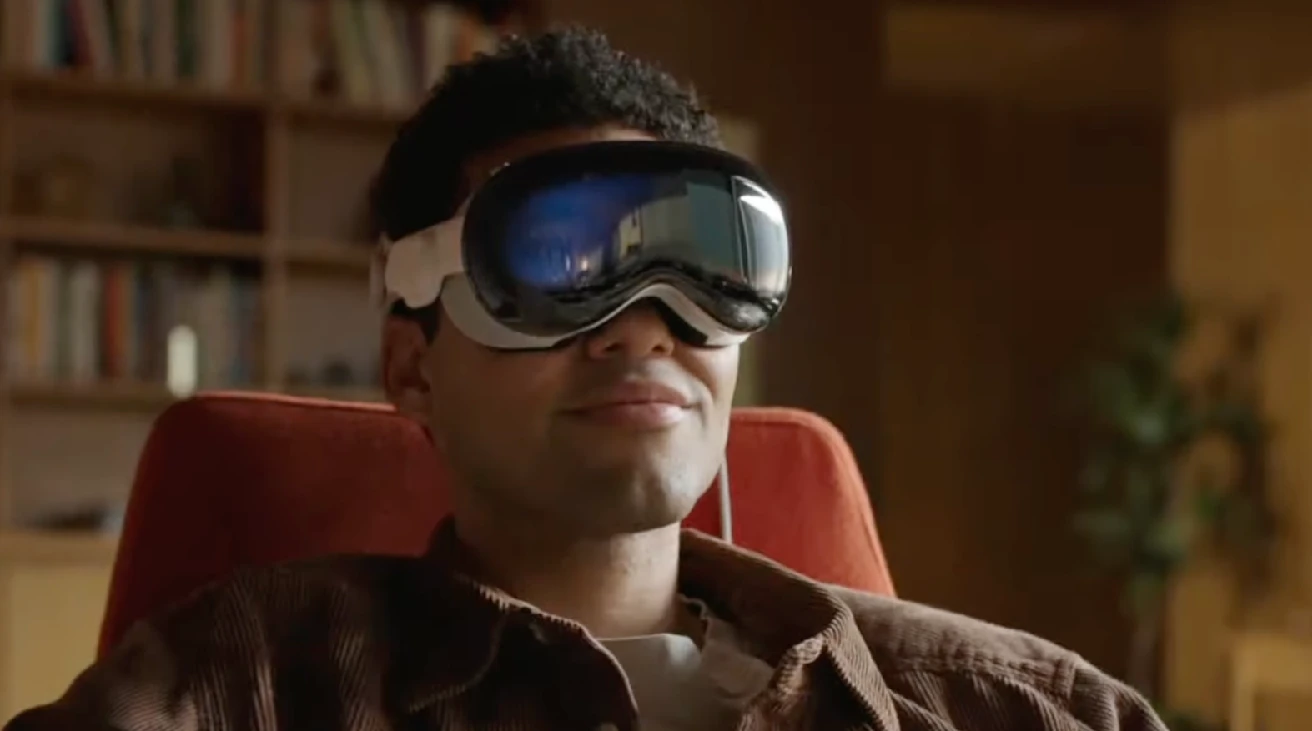
Empower your business to lead the immersive technology revolution with the Apple Vision Pro headset. Launching February 2, 2024, this groundbreaking device features the high-performance M2 chip, fast Wi-Fi, and dual 4K micro OLED displays. Apple Vision Pro is redefining enterprise AR and VR, equipping organizations to...
AR FaceTime on the Apple Vision Pro Headset
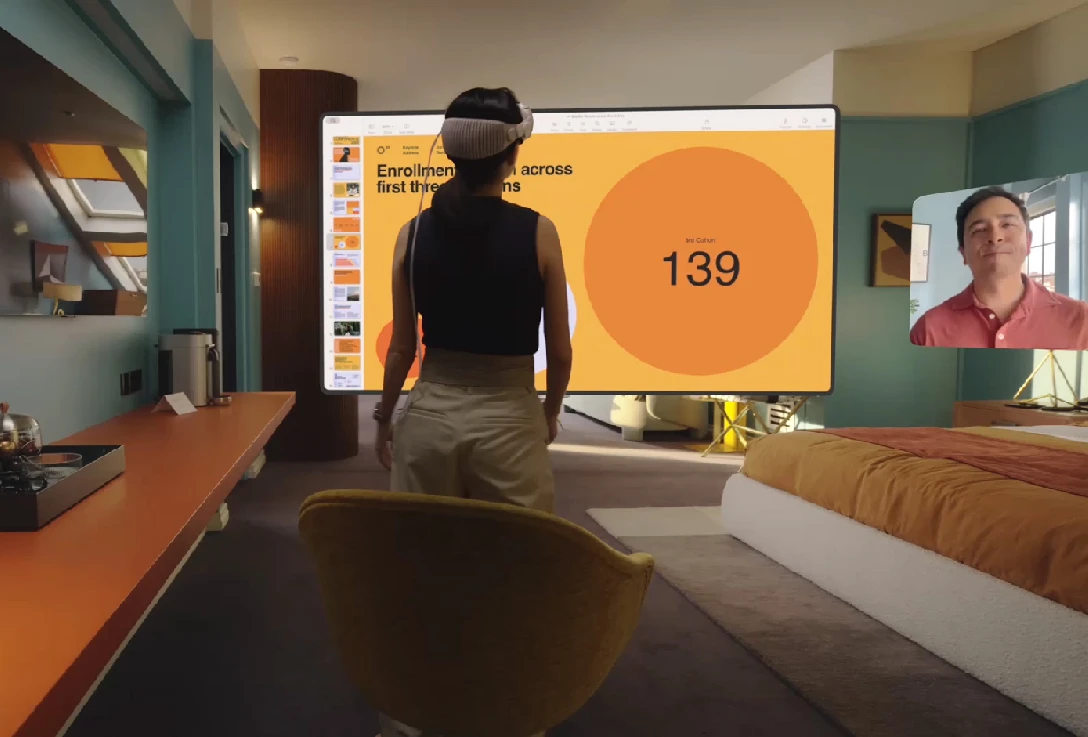
Apple Inc. is leading digital innovation with immersive augmented reality technologies. The Apple Vision Pro headset and visionOS introduce a new era of business interactions, transforming FaceTime into an interactive tool for enterprise communication. Amplify your company’s digital impact by leveraging scalable AR...
App Clip Codes and Apple Vision Codes: anchoring Augmented Reality Experiences on iOS 17 and visionOS
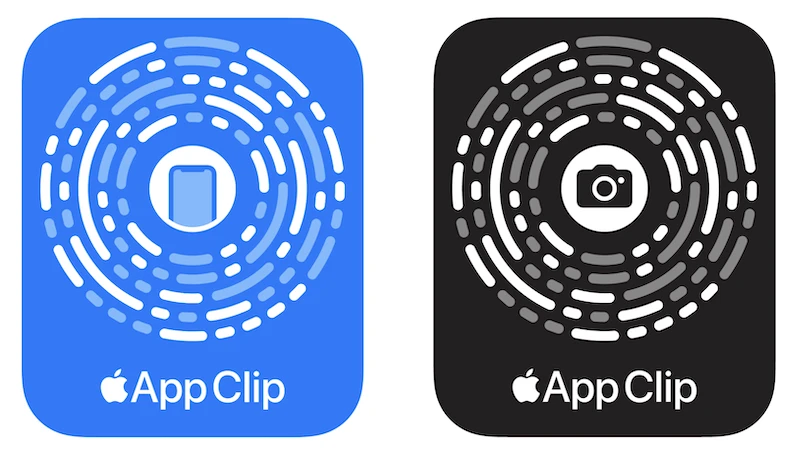
Apple is transforming business augmented reality with App Clip Codes and the Apple Vision Pro Headset. Introduced with iOS 14 and enhanced in iOS 17, these technologies help enterprises deliver engaging AR experiences that increase customer interaction and boost ROI. Direct Vision Pro and visionOS compatibility...
Apple Vision Code: The Future of AR and QR Codes on visionOS

The Apple Vision Pro headset, launched on February 2, 2024, is changing the way businesses use augmented reality (AR) and virtual reality (VR). This state-of-the-art AR/VR device lets organizations deliver immersive, interactive AR experiences that enhance customer engagement, product visualization, and digital...
Augmented Reality Glasses to Replace Smartphones Within 10 Years ?
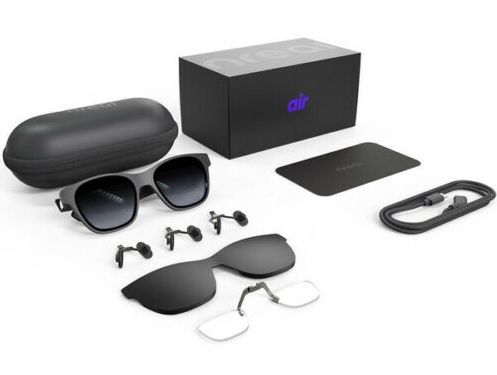
Over the next decade, augmented reality glasses will revolutionize how businesses connect with customers and teams. Advanced AR glasses and headsets fuse digital content with the real world, enhancing communication, engagement, and real-time data access. Early adopters of AR Code SaaS solutions can achieve market...
Apple Vision Pro Headset: A New Era of Augmented Reality
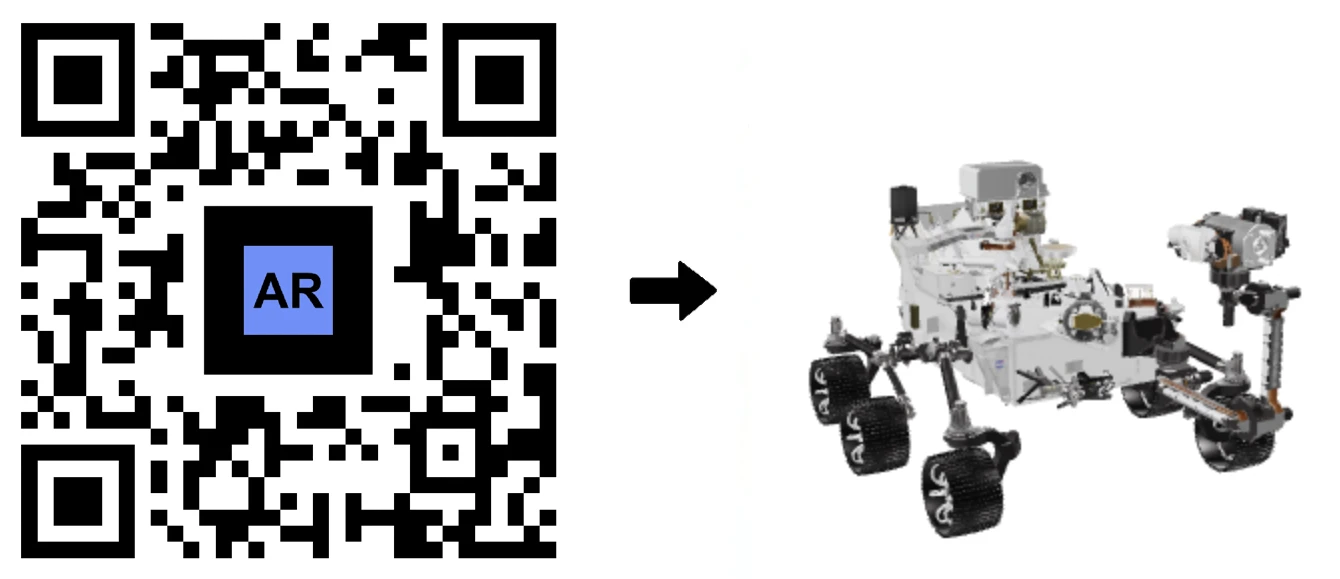
On June 5, 2023, Apple introduced the Apple Vision Pro, a next-generation augmented reality headset setting new standards for enterprise innovation. Released in the US on February 2, 2024, Vision Pro brings advanced AR to transform how businesses engage clients, streamline workflows, and drive digital...
163,464 AR experiences
576,343 Scans per day
132,635 Creators


